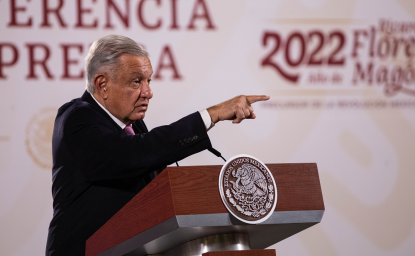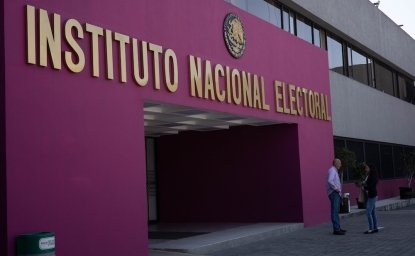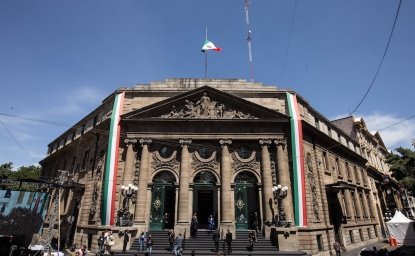The Political Process
Explainers on Mexico's Political Process
Learn More
Candidate Selection Process for Mexico's 2024 Presidential Election
Posted date/time:

Mexico's National Electoral Institute - Explainer
Posted date/time:

The Structure of Mexico's Government - Explainer
Posted date/time:
Q&A on Mexico's Electoral Process
-
When will the elections take place?
-
What positions are up for election?
-
What is the structure of Mexico’s government?
-
What is the election cycle timeline?
-
Who administers the elections in Mexico?
-
Who is eligible to vote in Mexico?
-
How does voting take place in Mexico?
-
What is the significance of the 2024 elections?

